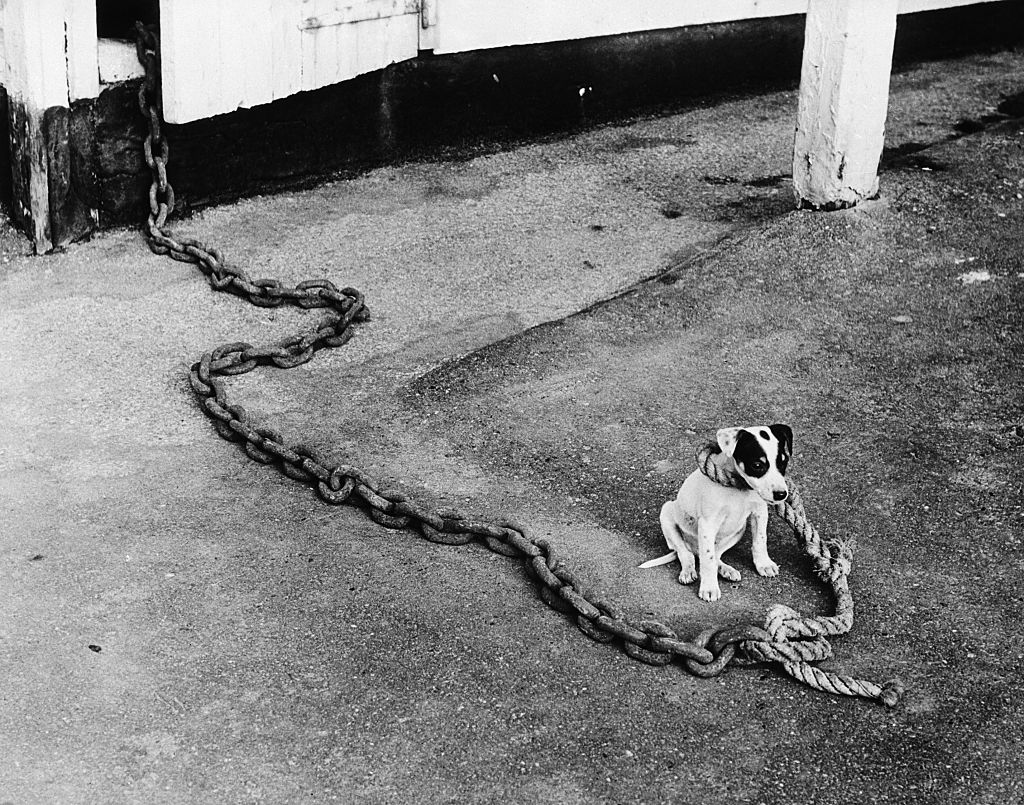
Australia needs a national integrity commission—but not the one proposed by the government.
The push to establish such a watchdog at a national level has had a complicated history in Australia. While the states have had integrity commissions for many years, it wasn’t until 2016, and again in 2017, that the Senate considered setting up a national commission. The result was the National Integrity Commission Bill 2017, which has not been enacted.
An outline of proposed reforms was released by the government at the end of 2018. The government recently admitted it had decided to delay plans for the commission until the political environment was more conducive. Recent events, on both sides of politics, at state and federal levels, highlight the need for a wide-ranging commission operating beyond the parameters set out in the government’s proposed model.
The need for a national integrity commission is growing. According to Transparency International’s corruption perceptions index, between 2012 and 2019 Australia dropped eight places worldwide on perceived levels of public-sector corruption. The report points out that reducing big money in politics and promoting inclusive political decision-making are essential to curb corruption. The proposed commission will be hard pressed to address that challenge or to help Australia adopt Transparency International’s seven recommendations to prevent opportunities for political corruption and to foster the integrity of political systems.
As it’s envisaged, the commission will be hamstrung, especially in relation to political corruption. It will be required to conduct public-sector investigations, including in matters involving politicians and their staffers, in private, without the power to hold public hearings or to make findings of corruption. This is a privilege not afforded to law enforcement officials, who will fight for their reputations in the court of public opinion.
The government’s reform paper asserts that law enforcement agencies require special attention and rules because of the coercive powers they wield, and therefore their matters can be heard publicly. The proposal’s separation of law enforcement from other public-sector agencies results in different investigation and hearing processes.
For those in the public sector division, which includes members of parliament, this approach overlooks the privileged position and coercive powers wielded by politicians and members of parliament through their roles in policy development, legislative action and funding decisions. Corruption in this environment can have a corrosive effect on the very fabric of our democracy.
The ability of politicians to hide misdeeds will also be enhanced by the commission’s being required to give effect to the powers, privileges and immunities of the parliament and its committees. These privileges place MPs above all other public servants.
The commission will not have the right to investigate questionable politically motivated decisions, no matter how egregious, because of three factors—a narrow definition of ‘corrupt conduct’, the protection afforded by parliamentary privilege, and the inability of the public to refer complaints directly to the commission. It’s not hard to conceive of circumstances where an investigation into say, misdirection of funds, employment decisions or voter manipulation could occur and be nominally caught by the bill’s provisions, only to be effectively hidden from investigation by the broad scope of parliamentary privilege.
The bill rightly recognises that some activities deserve special attention and protection. Legal professional privilege is a bedrock of our legal system and deserves such consideration. The bill proposes that where legal professional privilege is claimed, consideration must be given to that claim by the integrity commissioner. In contrast, the parliament’s privileges committee adjudicates on the rules it sets for all MPs, with no independent oversight.
There’s a strong case for both legal professional privilege and parliamentary privilege to be subject to independent review. This review function should not rest with the integrity commissioner, who could be seen as having a real or perceived conflict of interest in relation to the commission’s investigations. Instead, an independent adjudicator, such as the courts, should be brought into the process. This would mirror current arrangements for legal privilege and criminal investigations.
Political misdeeds should also not be hidden from view through agency funding measures. Funding arrangements can support the activities of those with political favour and hinder those without. This has led to Australia’s anti-corruption chiefs seeking a new ‘independent funding system so they can investigate misconduct by governments without risking political interference from budget cuts’.
Corruption by its nature is hidden from view and conducted in secret. Investigating it requires substantial resources, deploying all the tools available in the investigators’ toolkit. This is time-consuming and expensive and deserves appropriate funding.
An important feature of our democratic system is that no one person is judge, jury and executioner. Parliamentary privilege, however, makes parliament its own judge and jury on privilege matters and the arbiter of any investigation that the relevant committee determines impinges on that privilege. A national integrity commission should never affect the rights and privileges of parliament in relation to the freedom of speech, debates and proceedings there. However, it should be free, with appropriate judicial oversight, to investigate criminal behaviour and to make its findings public. Politicians in Australia’s democracy are at the top of the public service pyramid, not divorced from it.

